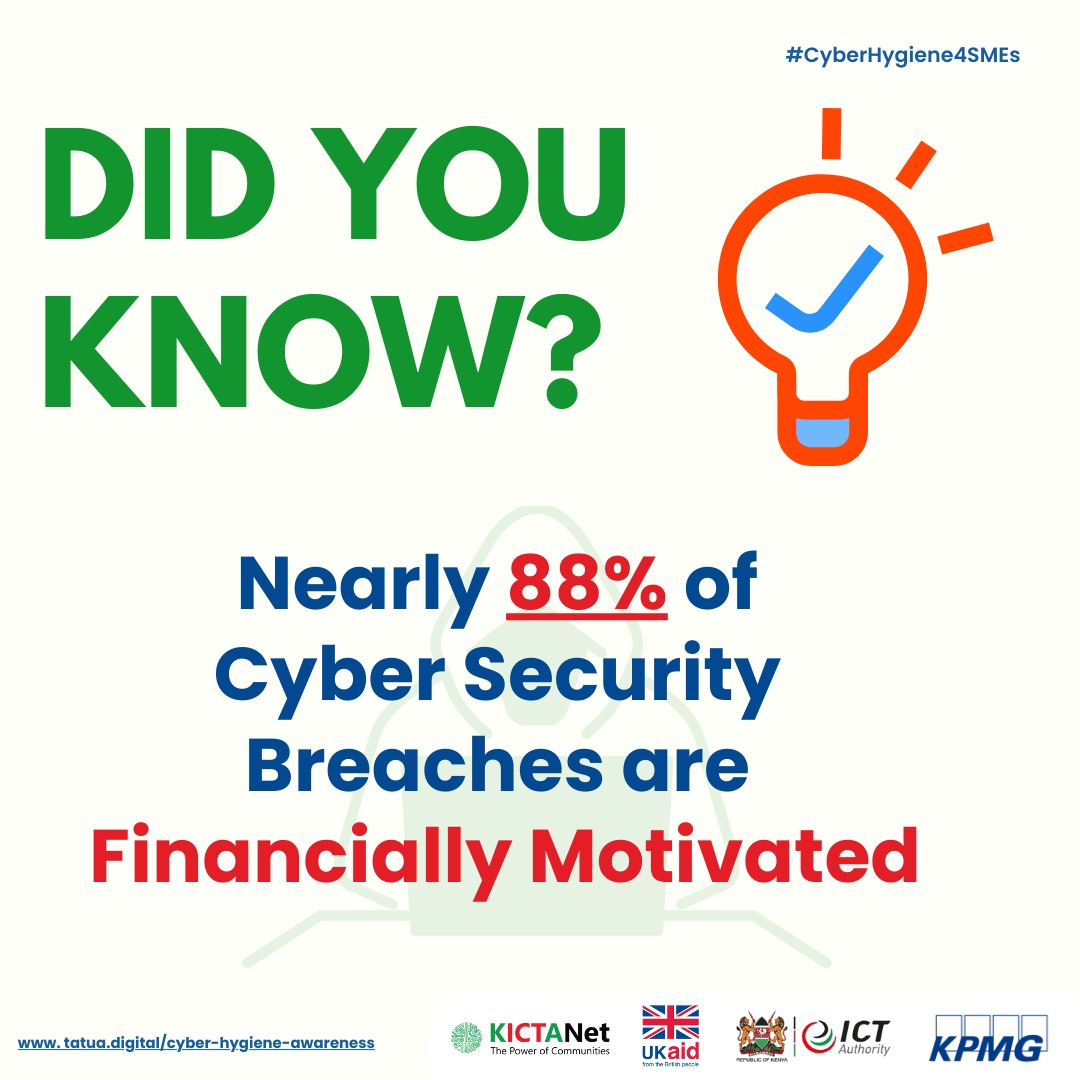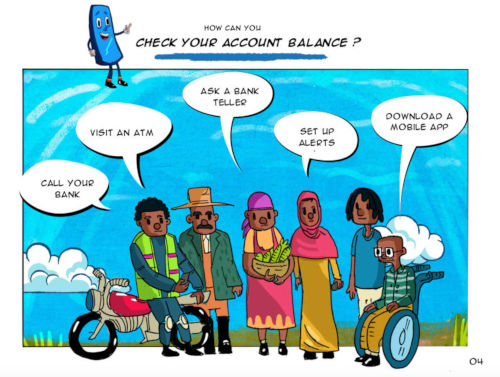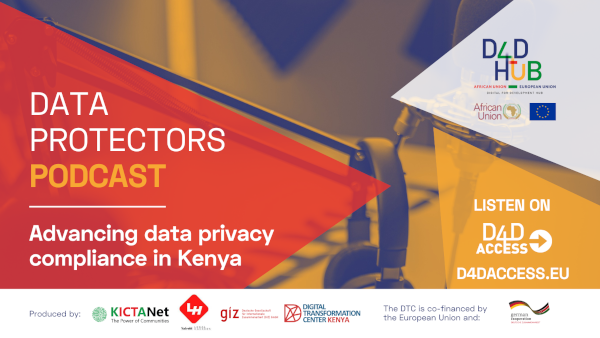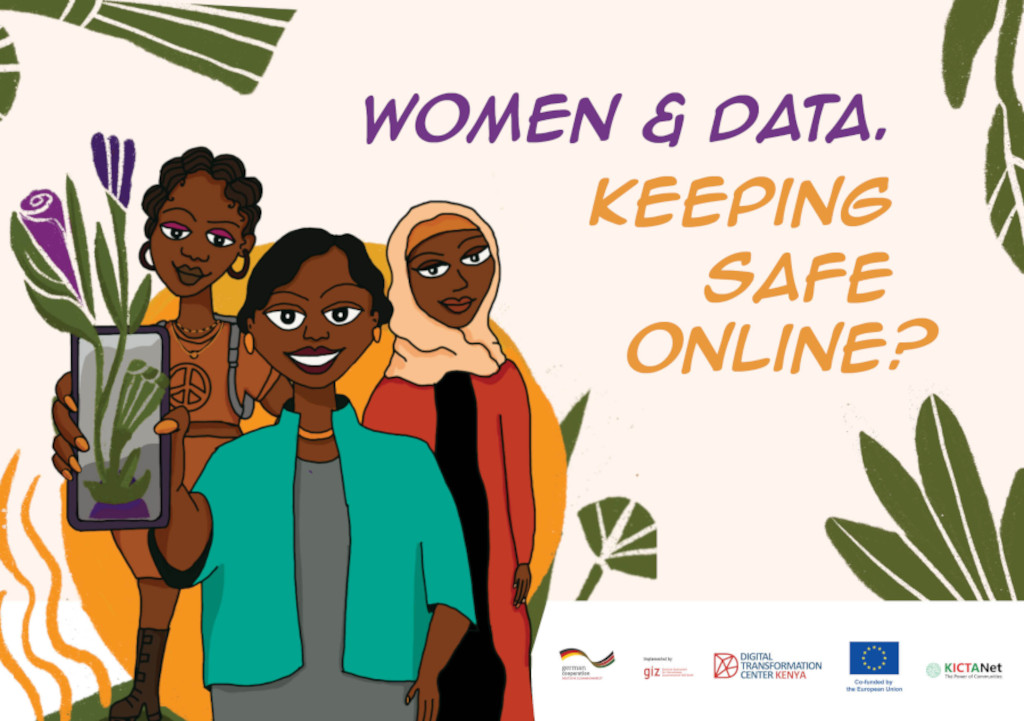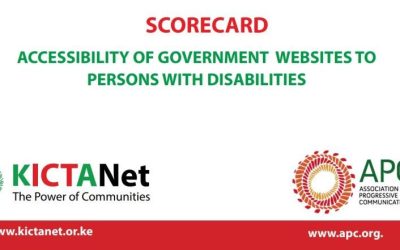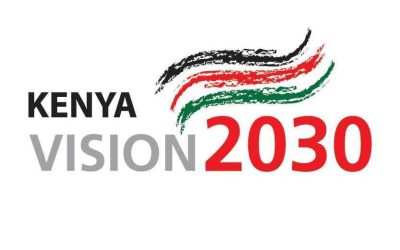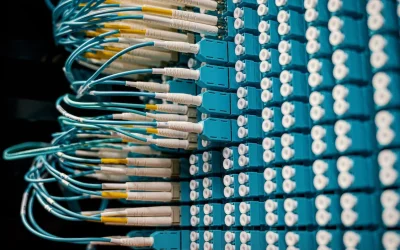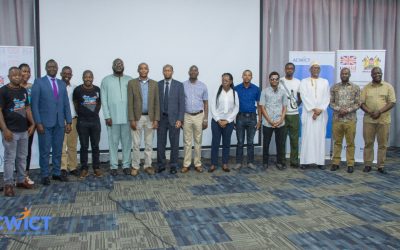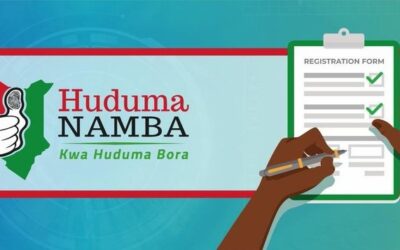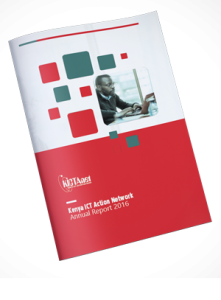KICTANET POST : Latest news, events & opportunities
Scorecard Launch: Accessibility of Government Websites to Persons with Disabilities
The KICTANet ICT Access and Equality for Persons with Disabilities Team in celebration of Global Accessibility Awareness Day on 18th May 2023, launched a scorecard report on the Accessibility of Government Websites to Persons with Disabilities (PWDs). It sought to...
Data Divide—or is it Data Colonisation?
By John Walubengo It has been slowly happening over the last twenty years, but developing countries haven’t been keen to notice. We do have what is currently called the ‘Data Divide’ though some would want to call it the ‘Data Colonisation’. The "data divide" refers...
Episode 6: The Future of Data Protection
By Meshack Masibo For the past five episodes, we have been looking at the current issues touching on data protection such as data protection principles, the cost of compliance, cross-border data transfers and how to engage with data protection authorities. In episode...
Media Convention: Tackling Misinformation, Preserving Press Freedom
By Cecilia Maundu, Lusaka, Zambia. The Second Media Convention, which was held in collaboration with UNESCO, the African Union (AU), and the Southern African Editors' Forum (SAEF), addressed the urgent matters of social media regulation and the safeguarding of press...
How to Engage With Data Protection Authorities as an SME
By Meshack Masibo Episode 5 of the Data Protection Podcast builds on the conversation we have been having in the past 4 episodes by introducing SMEs to the Office of the Data Protection Commissioner (ODPC) and how they can build a good relationship with the Office....
ICT Regulation: How Would It Look Like in 2030?
By John Walubengo We are less than seven years away from our national mental milestone – the year 2030 – gifted to us by the Kibaki regime about 20 years ago as our Vision 2030. Many things were promised and envisioned in that document that touches on our social,...
What Does The Data Protection Act Say About Cross Border Data Transfers
By Meshack Masibo According to Section 48 of the Data Protection Act, a data controller or data processor may transfer personal data to another country only where it has given proof to the Data Commissioner that the data will be transferred securely to a place with...
Towards the Digital Super Highway – How Community Networks Will Shape Kenya’s Digital Agenda
Kenya does it again!! The Community Networks movement in Kenya is happy to lead the way in the first-ever in Africa, Association for Community Networks. The association is a membership-based network that unites community networks in Kenya, amplifies their voices, and...
Digital Identity Regulatory Framework: Do We Have One?
By John Walubengo The annual ID4Africa conference was officially opened Thursday by President William Ruto in Nairobi. The President reiterated the plan to provide all Kenyan citizens and residents with a digital identity to facilitate and boost their involvement in...
KICTANet is a multi-stakeholder Think Tank for ICT policy and regulation. The Think Tank is a catalyst for reform in the Information and Communication Technology sector. Its work is guided by four pillars of Policy Advocacy, Capacity Building, Research, and Stakeholder Engagement.
KICTANet’s mission is to promote an enabling environment in the ICT sector that is robust, open, accessible, and rights-based through multistakeholder approaches.
During the 2022 – 2024 strategic period, KICTANet has prioritised the promotion of effective multistakeholder participation; an enabling legal, policy and regulatory environment; building capacities and empowered communities; and institutional strengthening. KICTANet’s guiding philosophy encourages synergies in ICT policy-related activities and initiatives. As such, the network provides mechanisms and a framework for continuing cooperation, engagement and collaboration in ICT matters among industry, technical community, academia, media, development partners, civil society and government.
_____
Strategic Priority.
- Convening power. To strengthen and promote engagement, collaboration and relationships with relevant stakeholders (state, business and non-state actors).
- Promoting an enabling environment. To catalyse policy, legislative and regulatory reforms in the ICT sector.
- Building capacities and empowered communities. To build the capacity of the stakeholders across government, business society and civil society and the citizens.
- Institutional strengthening.
The report outlines the work undertaken in between 2007 and 2016 which is underpinned by crowd sourcing and community engagement
Click here to download the report
FACTS AND FIGURES
Achievement of the Network over the Years
Publications
Thought Leadership Forums
Persons trained
Policy Interventions
Conversations in KICTANET listserv
Active listers contributing often
Different conversation threads
Impressions on ICT policy discussions
Our Pillars
KICTANet’s organisational strategy:
Policy Advocacy
Capacity building
Research
Stakeholder engagement
We facilitate stakeholder engagement through collaborative initiatives in face-to-face Town Hall meetings, and in the KICTANet?s interactive mailing list where multiple stakeholders engage regularly on ICT policy issues.


